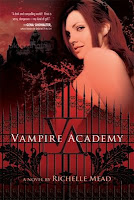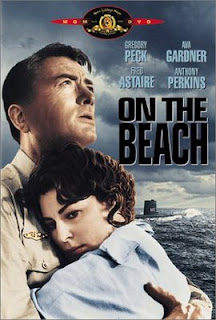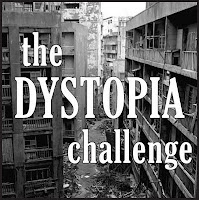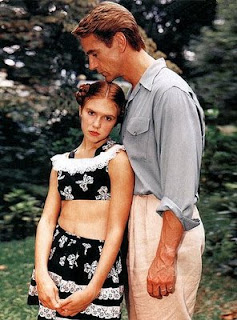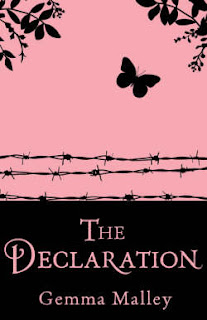 In the year 2140, no one dies. No one Legal, anyway. Longevity drugs have allowed everyone to live forever, but at a price. To stem the crowding and strain on the world's resources it has become illegal to have a child. Those that do are imprisoned and their child taken to cruel institutions like Grange Hall. Anna is such a child, a Surplus, and it is her duty to feel guilty for every breath she takes, every mouthful of food, as it is stolen from a Legal. Her penance is to learn to be Useful, to become the servant of a Legal, and Anna has tried her very hardest all her life to Know Her Place.
In the year 2140, no one dies. No one Legal, anyway. Longevity drugs have allowed everyone to live forever, but at a price. To stem the crowding and strain on the world's resources it has become illegal to have a child. Those that do are imprisoned and their child taken to cruel institutions like Grange Hall. Anna is such a child, a Surplus, and it is her duty to feel guilty for every breath she takes, every mouthful of food, as it is stolen from a Legal. Her penance is to learn to be Useful, to become the servant of a Legal, and Anna has tried her very hardest all her life to Know Her Place.That is until Peter comes to Grange Hall and begins to question everything Anna knows about Surpluses and the outside world. Thoroughly indoctrinated by Mrs Pincent, the cruel House Matron, Anna resists Peter's blasphemy at first. But his insistence that she is Anna Covey, not Surplus Anna as she has always thought, and that she doesn't belong in Grange Hall gives Anna the strength she needs to hope for a life on the Outside.
Anna is beautifully realised. She's quiet and sweet, a "good girl" who has been exploited by the system. She's thoroughly indoctrinated, but as she nears the end of her time in Grange Hall she keeps a secret diary. This is a huge act of rebellion for any of the Surpluses. I rather think that if I had been locked away in Grange Hall, I would have turned out something like Anna--but Malley probably intended for all girls to think that! Grange Hall abounds with Dickensian cruelty--whippings, short rations and stretches in Solitary. Think Lowood but run by Nazis.
The diary as a story-telling device is popular in books for teenage girls, but can easily become tedious and redundant. The Declaration begins with Anna conveniently filling in the reader with the back story, which unfortunately feels rather fake. The narrative switches between the diary format and a close third, and often the entries go over things that the reader is already privy to.
But that's the only gripe I have with The Declaration. I was unsure about the cover at first, the prettiness bound with barbed wire, but it works perfectly with the tone of the book. The romance is sweet and the escape is gripping. This is a perfect novel for anyone who wants to begin with a gentle dystopian to ease them into the genre. After reading it I would recommend Obernewtyn or some John Wyndham.
There's a sequel just released in May, The Resistance, which continues Anna and Peter's story.
